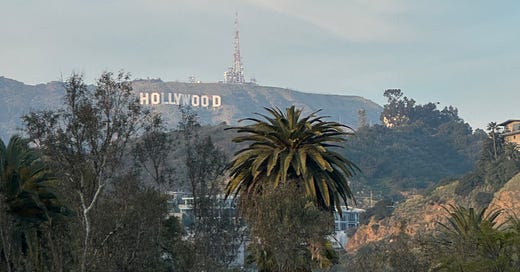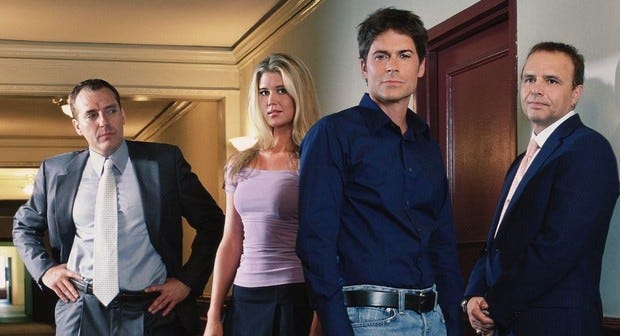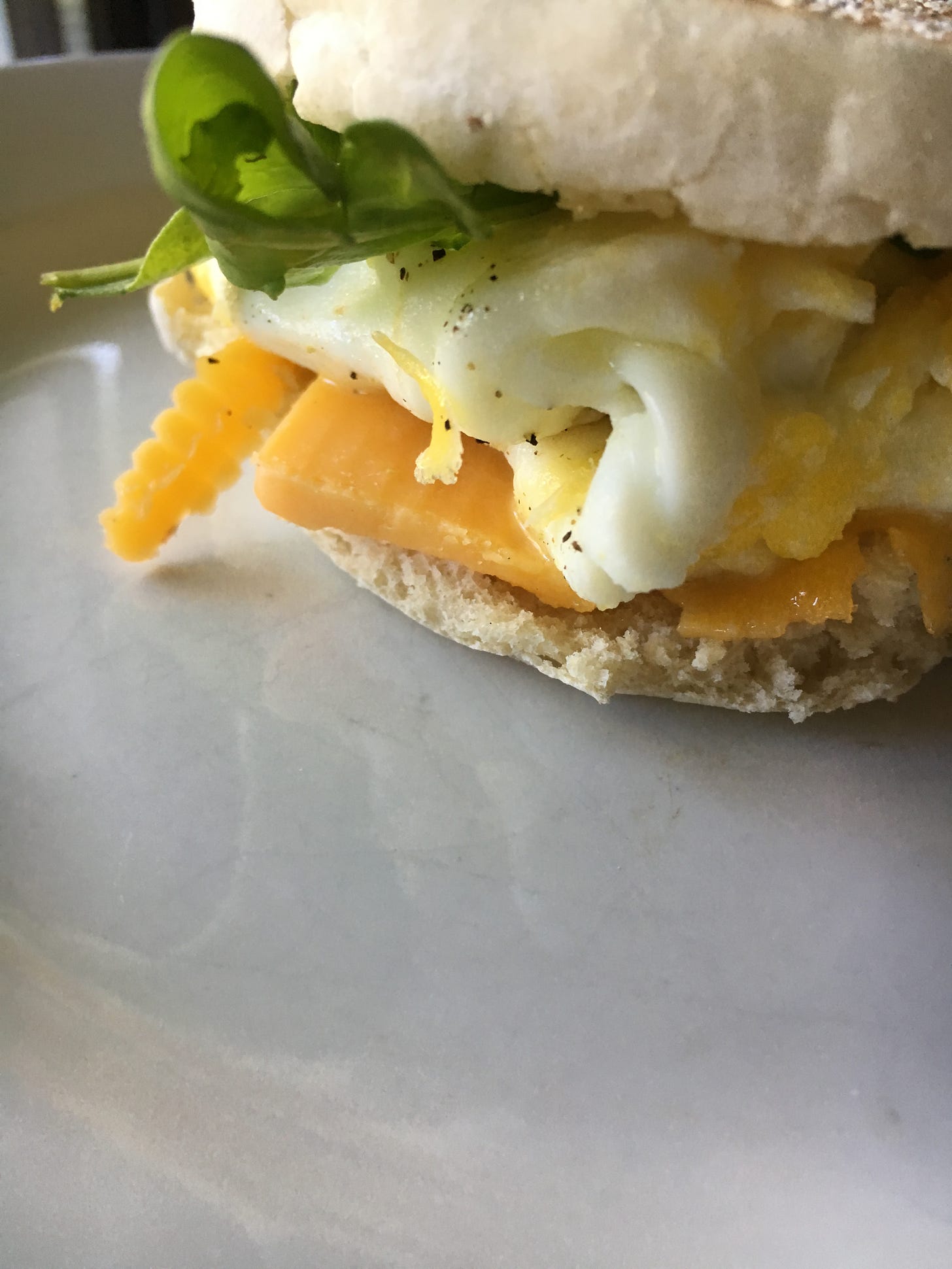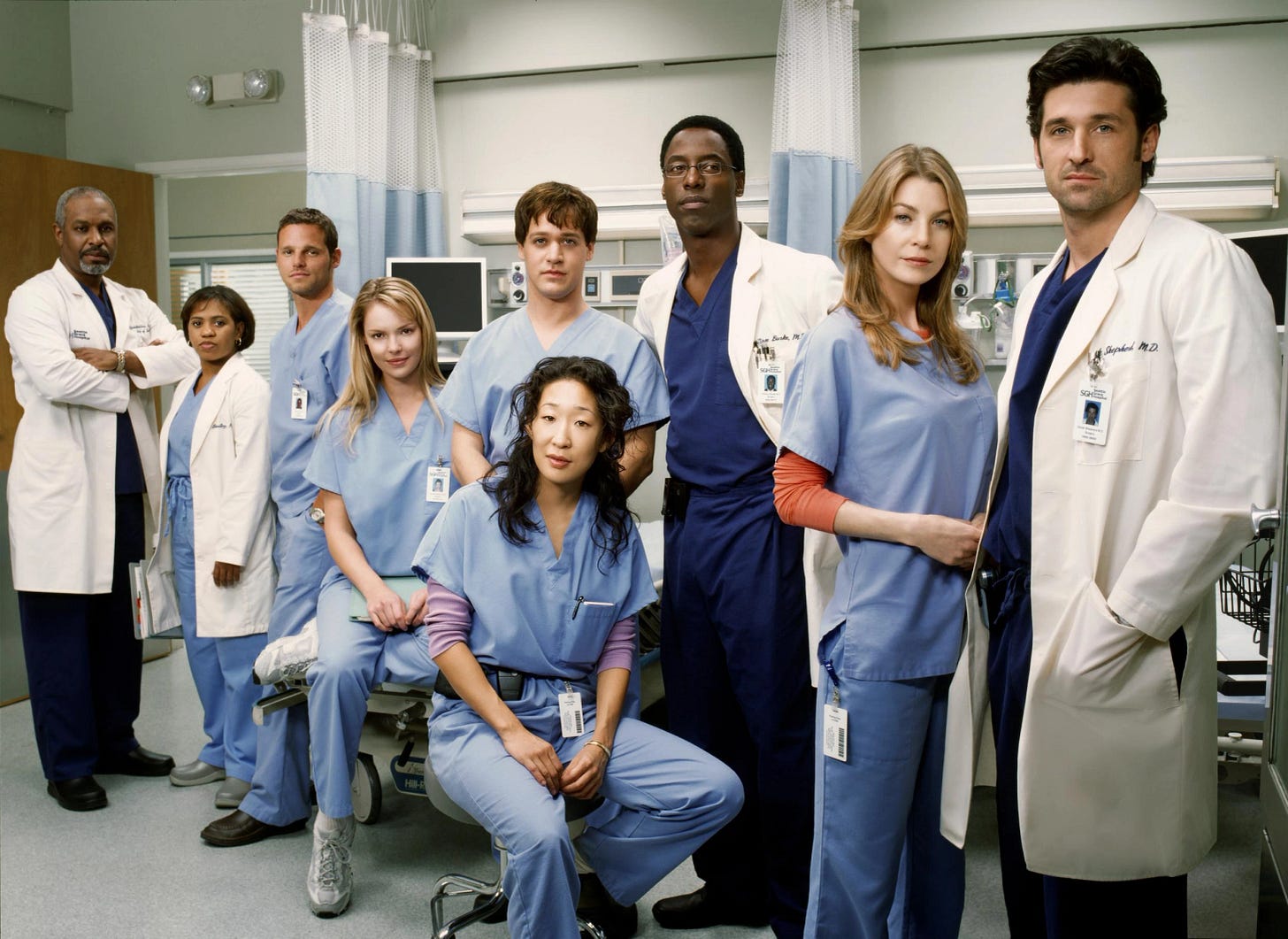Hi Soul Minimalist,
When we’re in the middle of a decision, we’re often unaware of all the invisible but influential factors at play. But those factors could make the difference between a wise decision and wishful thinking.
In his second book, Love Life, Rob Lowe (who will heretofore be called by both of his names) describes a moment in his career when he had to choose between two shows: a new drama with a mediocre script on a network that consistently put out hit shows at the time, or a soap-adjacent drama with an excellent script on a less successful network.
He chose the lesser script on the more successful network, hoping that he could help to make the script better as both the lead and as a producer. As it turns out, the lesser-script show wasn’t long for this world and Dr. Vegas only lasted for 10 episodes.
“I chose a vision, a promise of what could and should be, potential and hope, something I wished to transform into something better, and swallowed it whole.”
—Rob Lowe, Love Life
He says he ate a “wish sandwich”, a term he credits comic/actor Mike Myers with using. It describes the well-intended but often unwise choices we all make based, not on facts or reality as they are but on an overly optimistic idea of what we think could be.
Anyone who's ever been in a mediocre romantic relationship can likely relate.
For Rob Lowe, many factors were at play leading up to his decision to choose the lesser script, including a disappointment he was still smarting over about a role he had missed out on. He thought Dr. Vegas might have potential to make up for it, further influencing his decision to hope for the best with the so-so script.
In his book he chastises himself for eating the wish sandwich, saying yes to the possibility of something rather than the reality. In retrospect, the picture was clear to him. If he had said yes to the superior script, things would likely have turned out differently. Especially because that ABC show he walked away from was Grey’s Anatomy and Rob Lowe turned down the role of Dr. Derek Shepherd.
If we only said yes to the good scripts in our lives we would not be saying yes very often. And of course an excellent script is no guarantee of success any more than a mediocre script guarantees failure. In as much as we are able, wisdom invites us to make decisions based on what we know to be true, not what we wish to be true.
But how can we discern between the potential that is worth taking a chance on and the kind that will only always live in the land of what might have been? What is the difference between promising potential and foolish optimism?
I don’t have answers to these questions but I do have clues. These aren’t arrows, exactly (my definition of an arrow is an action, mindset shift, or small decision with the purpose of moving you closer to a final decision - aka: the next right thing). But these are clues that help me know when I’m in danger of being foolishly optimistic.
When I:
ignore or minimize obvious red flags and don’t slow down for the yellow ones
leave out significant details when talking with people who know me well
rush to say yes because I fear missing out
feel annoyed or threatened when people ask me too many questions
am impressed by the person or the opportunity but am unclear of the ask
The goal is not to completely avoid eating a wish sandwich. It’s to decide on purpose the areas of life that are worth the bite even if nothing ever comes of it in our lifetime. When I am honest with myself, there are few areas of life that fit that criteria.
In the end, the wish sandwich isn’t always a mistake—it’s a risk. Often we won’t know we ate one until well after the fact, which is why I continue to preach the importance of living a reflective life.
Am I chasing possibility with my eyes open, or avoiding reality with my eyes closed?If we can learn to recognize the signs—to pause when we feel ourselves rushing, to name the red flags we’d rather ignore, and to tell the truth to the people who love us—we may not avoid regret altogether, but we’ll be living our lives with intention even when the outcome is uncertain or other than what we hoped.
In 2021, Rob Lowe sat for an interview with Variety and opened up about his decision to pass on the role of Dr. Derek Shepherd.
"This is what longevity, experience and recovery give you. There are no accidents. Whatever decision you come to, if you come to it from the right place, it's never wrong."1
In that same interview he pointed out that had he said yes to Grey’s Anatomy or had Dr. Vegas been a hit, he likely would not have been free to say yes to Parks and Recreation where he played the role of Chris Traeger starting in 2010. When reflecting upon how it all played out, he said simply: “That alone for me is enough.”
If you become a paid subscriber, you will have instant access to my most read essays here, like these:
Don’t Wait Until it’s Personal: What I Learned After My Child Came Out
The 8 Word Prayer I Keep Repeating: And What (Almost) Always Happens Next
A Soul Minimalist’s Guide to 2025: 10 Things We Will Be Doing and 10 Things We Will Not
Plus you’ll have instant access to our members only workshop: How to Find and Follow Arrows: A decision-making resource for when you feel stuck








